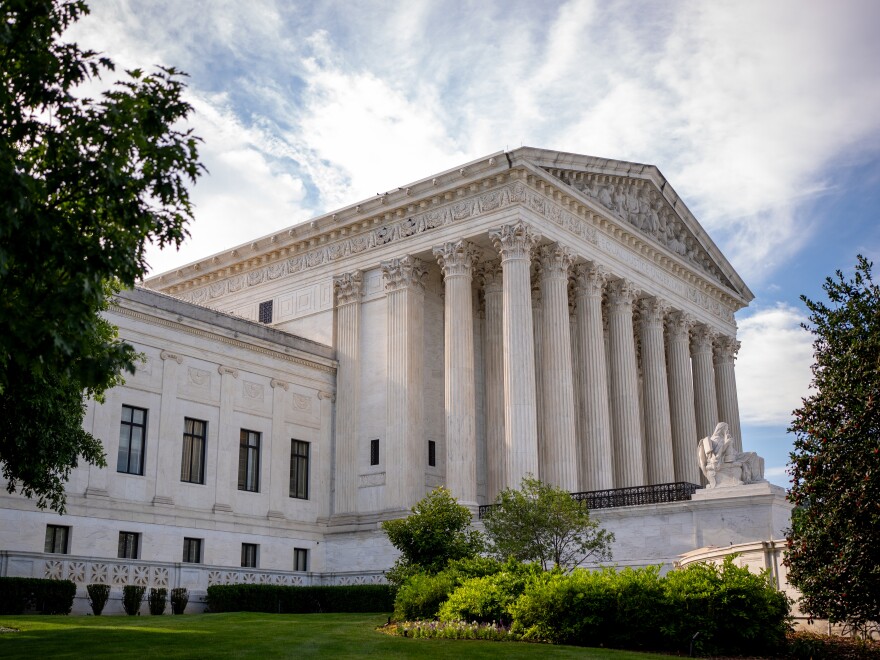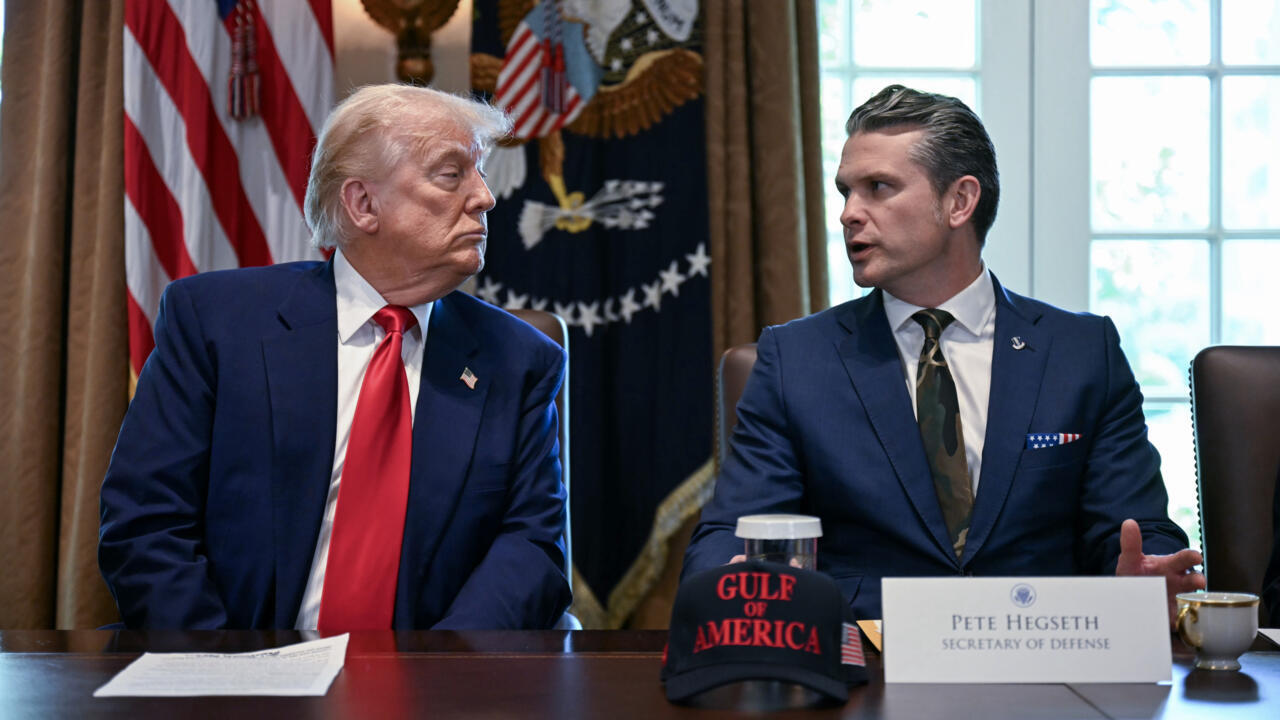The U.S. Supreme Court has temporarily cleared the way for President Donald Trump to enforce his ban on transgender individuals serving in the military, while legal challenges to the policy continue.
This ruling, issued Tuesday, lifts a nationwide injunction that had blocked the enforcement of the ban, allowing the Trump administration to proceed with its policy for the time being.
In 2017, shortly after taking office, President Trump signed a series of executive orders that prohibited transgender individuals from serving in the armed forces.
The decision, which has sparked widespread controversy, argued that allowing transgender people to serve would undermine military readiness and discipline.
The administration’s stance was that identifying as transgender conflicted with a soldier’s commitment to an honorable and disciplined lifestyle.
A lower court had previously blocked the ban in March, ruling that the Trump administration had not provided sufficient evidence to show that transgender troops harmed military operations or unit cohesion.

READ ALSO: Unlawful: Second Judge blocks Trump’s Use of Alien Enemies Act for Deportations
The court had also expressed concerns that the ban violated constitutional protections.
In response, the Trump administration filed an emergency request with the Supreme Court, arguing that the military should have the authority to make decisions regarding its personnel without interference from the courts.
The Supreme Court’s ruling came via an unsigned order, with the court’s three liberal justices dissenting.
With this decision, the temporary pause on the ban will be lifted, allowing the Department of Defence to proceed with the policy while the legal challenges continue in lower courts.
In February, the Department of Defence announced plans to begin removing transgender personnel from active service, and some members of the military, including Navy fighter pilot Commander Emily Schilling, have sued to block the ban.
They argue that the policy not only undermines military readiness but also endangers the safety of service members and violates constitutional rights.
The case will continue to move through the legal system, with future decisions likely determining the final outcome of the Trump administration’s policy.















